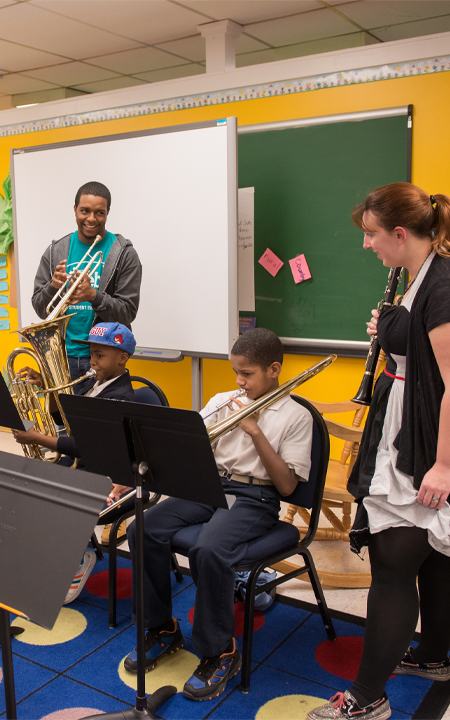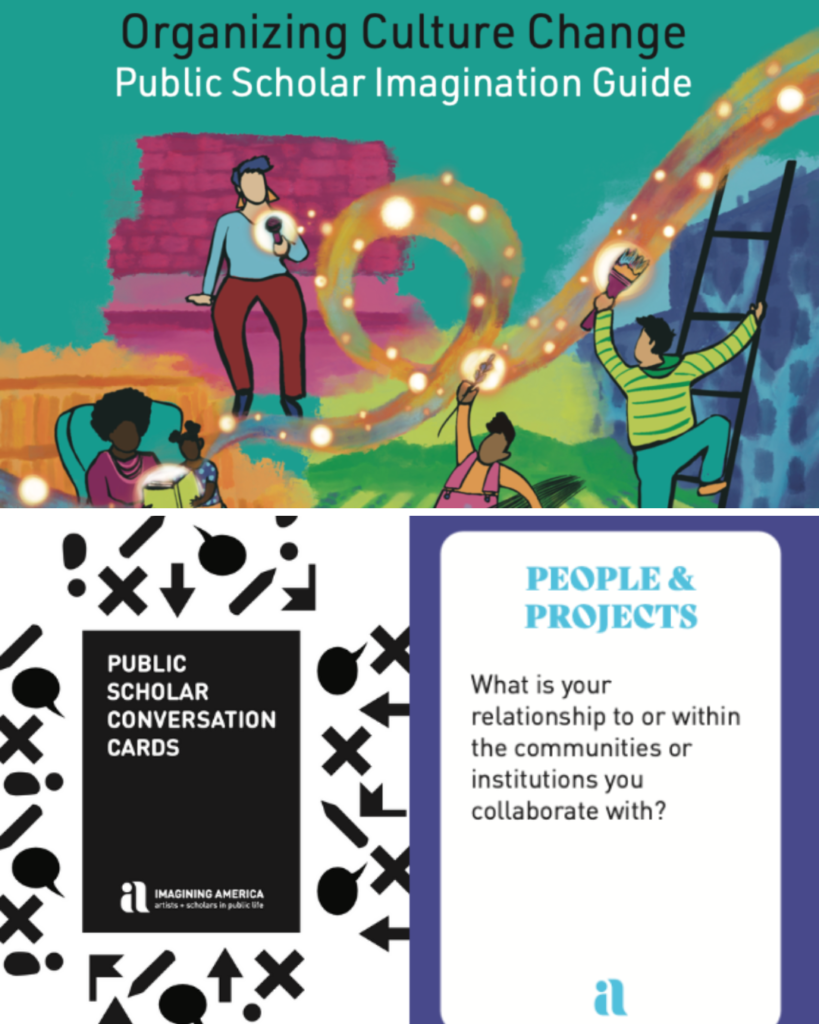
Fostering Service for Music Learning as Youth Development
Baltimore
UMBC ‘s music department, its service learning center (The Shriver Center), the Baltimore Symphony’s OrchKids program and a Baltimore City public middle school collaborate to create a community service learning project that supports through collaboration the growth and development of UMBC music education students, Baltimore City middle school students, UMBC faculty, public school teachers, OrchKids staff, and community members.
- Goals
The goals are to support UMBC music education students in fostering values for servicebased community work, developing skills and enthusiasm for teaching in Baltimore City, promoting equitable and inclusive approaches that support youth development through music, consistently contribute to the development of young people, and develop a deep community partnership. - Service Learning & Community Engagement Pedagogy
Students visit the Baltimore Middle School/ OrchKids service learning site most weeks throughout 4 semesters. At the end of their 90-minutes with students, the group of UMBC students reflects together with a campus faculty member and the primary site music teacher. Discussions center around examining challenges and issues of teaching and learning, and identifying and developing approaches that successfully support youth development within this context. Collaborative reflection sessions enable students to problem solve together and develop both philosophical approaches and practical skills for supporting the development of the young people with whom they work. Discussions also occur during the 90-minute class time with the middle school students, which allows UMBC students to better understand the middle school students’ perspectives and interests. UMBC students make connections with their campus courses and else develop new ideas that can be applied as future citizens, community members, educators, and musicians. Students learn first hand the ways that educators involved with the program are meaningfully engaging with parents and community members beyond the classroom, through a wide range of personal interactions, community performances, and discussions. - Student/Participant Experience
Perhaps most importantly, this service learning experience provides a forum for students to develop values for service. Teaching by definition is a service-based profession; it is essential that young teachers walk into the classroom thinking about students first. Further, the program aims to help students to develop values for the ways that music can support youth development, including young people’s social, emotional, intellectual, and artistic capacities. The Baltimore City music program is designed with these aims in mind. That is not necessarily the case for the average music classroom in the U.S. Many are instead designed to prioritize music content, and in many cases music content focuses on Western classical music, which does not reflect a far broader range of music that may be of interest to young people and potentially better support their development. Students reflect on how the traditions of a more narrow focus of music, which many students experienced firsthand in their own education, may create inequities in their classroom. They contrast principles of Music Learning as Youth Development (2019) with those approaches and identify potential differences in contributions to young people and their communities. The most important part of UMBC students’ experiences is the relationships they build with the young people with whom they work for two years. This is a significant contrast from most education programs who may have one semester or maybe one year experiences at a single site. Students really get to know the kids and the community and build a deep understanding for how music can play a meaningful role in their lives. Students leave understanding many values, opportunities, and challenges of teaching within this Baltimore City context. - Community Experience
This project builds capacity in the community by supporting the education and development of young people in the community. It also supports the development of future educators who may choose to work in Baltimore City. It connects our music department, service learning center, the Baltimore Symphony OrchKids program, and a Baltimore City public schools through a deep collaboration. Knowledge is exchanged when UMBC students are at the middle school, during performances in Baltimore City, as well as during the few trips that middle school students have taken to campus to perform and interact with our community. - Faculty/Staff Experience
This project has enabled me as a faculty member to understand more about the many strengths, resources, and opportunities for music learning to contribute to youth development. The middle school students at this site are an inspiration and have supported my learning about how within this community music learning can best contribute to supporting the development of young people. This in turn translates to my teaching on campus. I also oversee the music education program, so I have also been able to influence the curricula in courses taught by other instructors in response to my learning. The experience has also provided me deeper insight into many challenges and inequities that exist within Baltimore City Public Schools. It is my hope that having UMBC music education being a part of this program will lead to having some of them being prepared and choosing to teach in the city. There is a consistent need in Baltimore for high-quality educators who are passionate about working with the city’s students and understand practices that can best support their learning. Further, we have facilitated a number of opportunities for middle school students to come to campus, in part, to help them learn more about the college experience and promote higher education as a valuable goal to pursue. - Institutional Priority
As our website states “UMBC is a dynamic public research university integrating teaching, research and service to benefit the citizens of Maryland.” A commitment and value for “community service and leadership” is highlighted, and the institution backs that up with research, programming, and funding. For example, UMBC’s Shriver Center, a center for service learning, “enables students to connect theory to practice and thought to action, bringing their experience back to the classroom, and is UMBC’s primary structured vehicle for producing socially engaged citizens who graduate with the commitment and experience to contribute responsibly in their communities, the State and the Nation.” This project, which is a collaboration between UMBC’s music department, the Shriver Center, and the Baltimore City music program, enables the university to directly support the education of young people in Baltimore City while also fostering values of civic engagement among UMBC students. - Future Goals
1) We wish to expand the number of UMBC and Baltimore City students with whom we are working; our immediate next step is a pilot program has launched this semester at a Baltimore City high school UMBC’s vocal music education majors
2) We wish to pursue funding that would able UMBC to expand its music education program, in collaboration with Baltimore City community members, in ways that further fosters and embodies music learning as youth development


